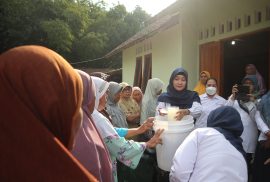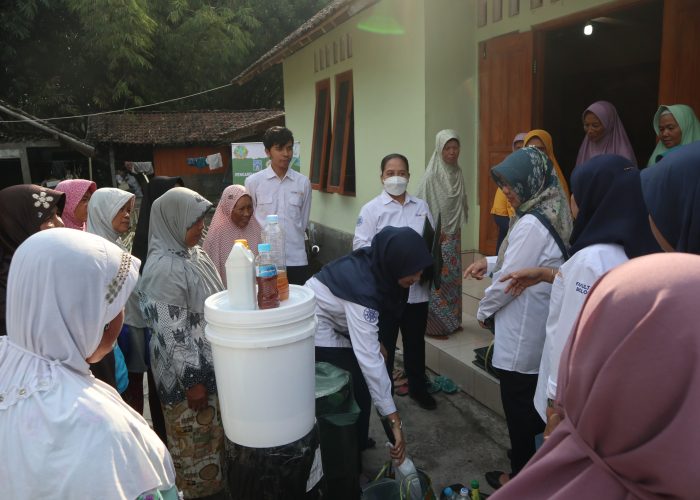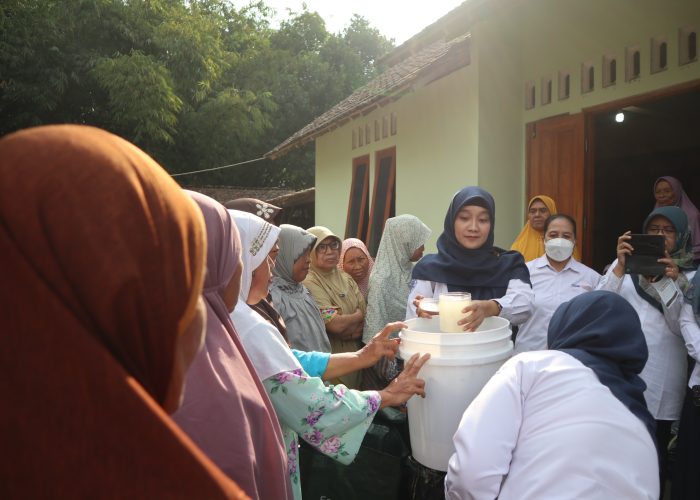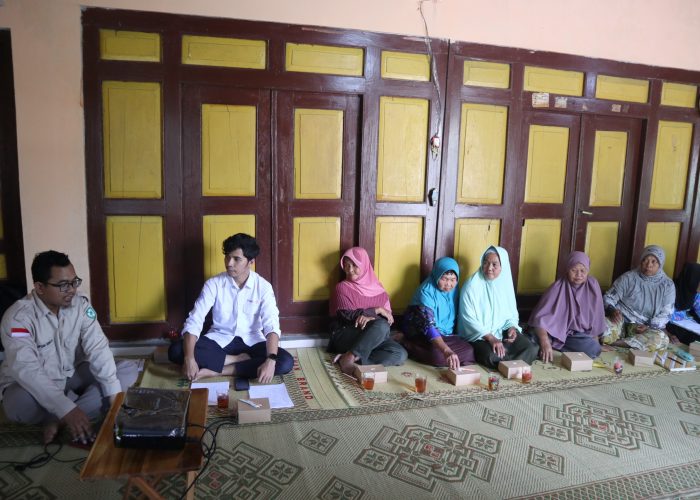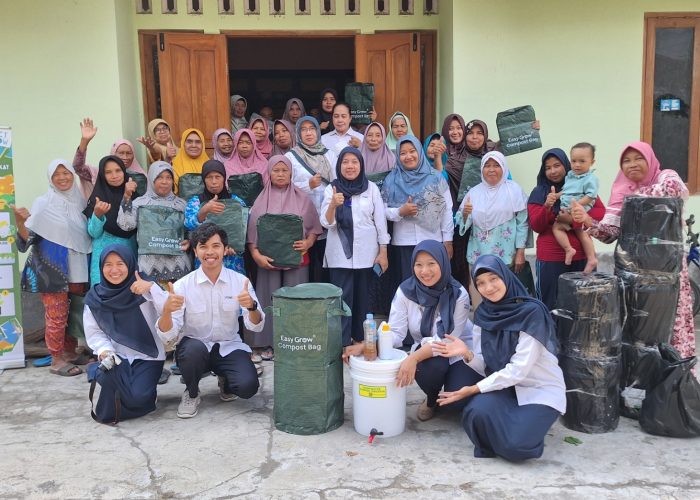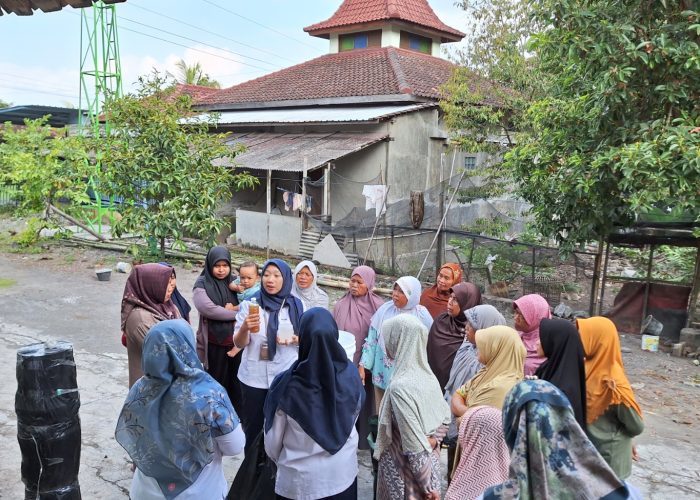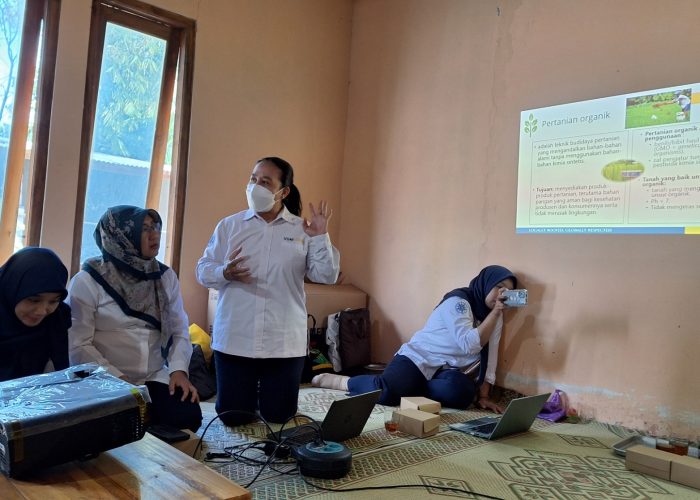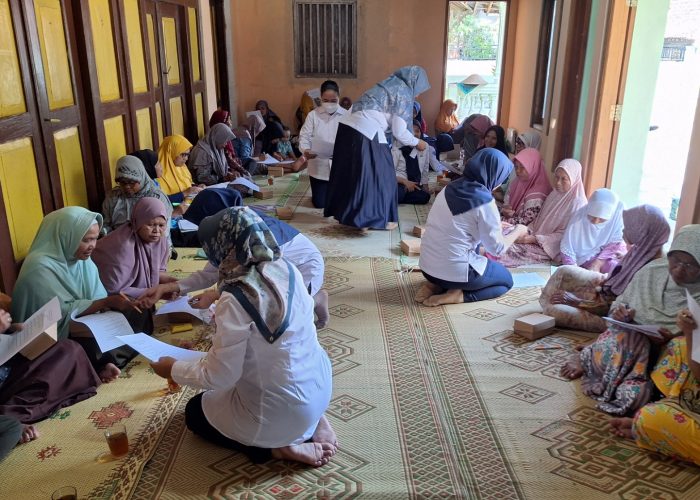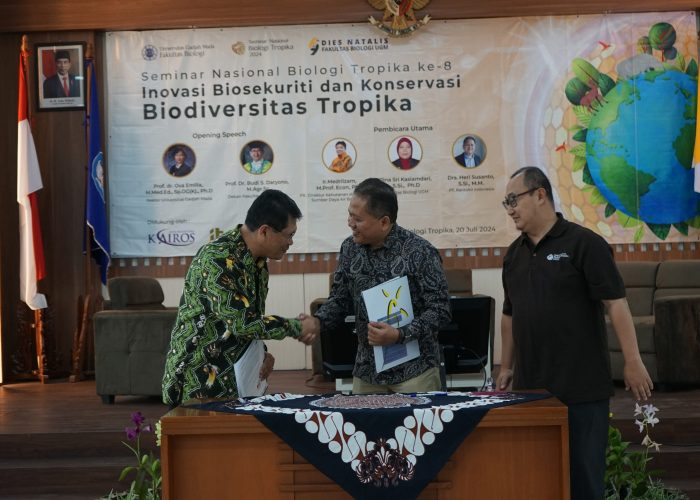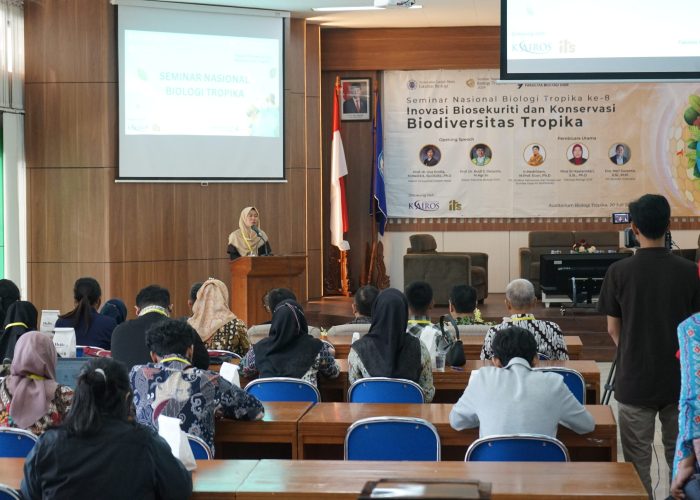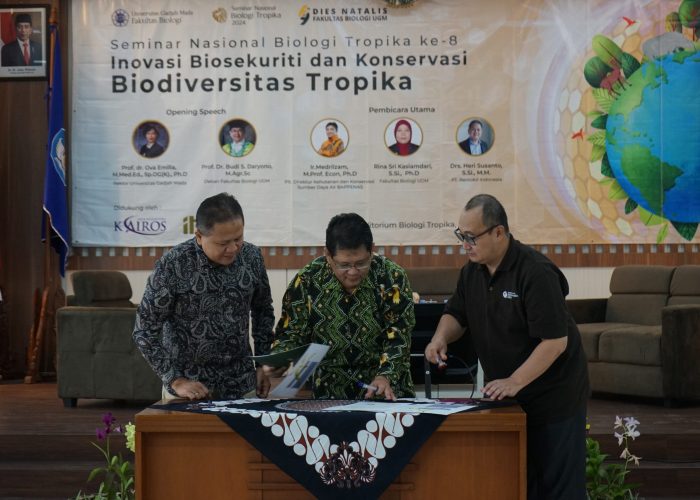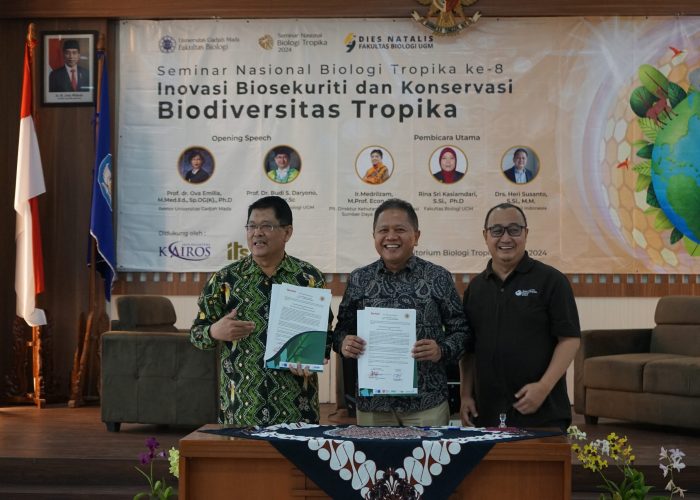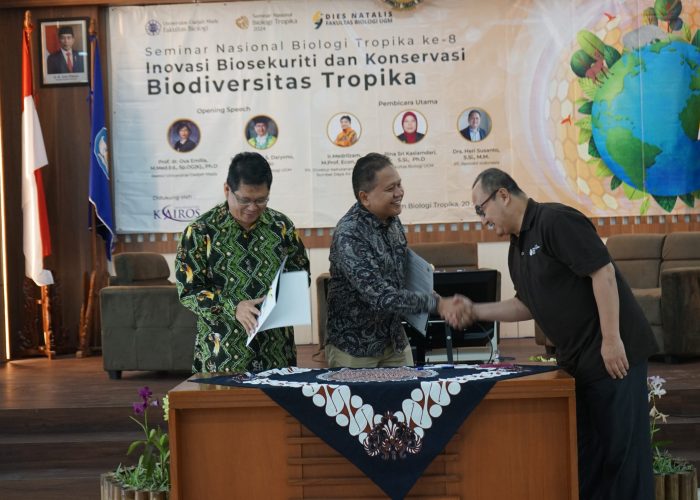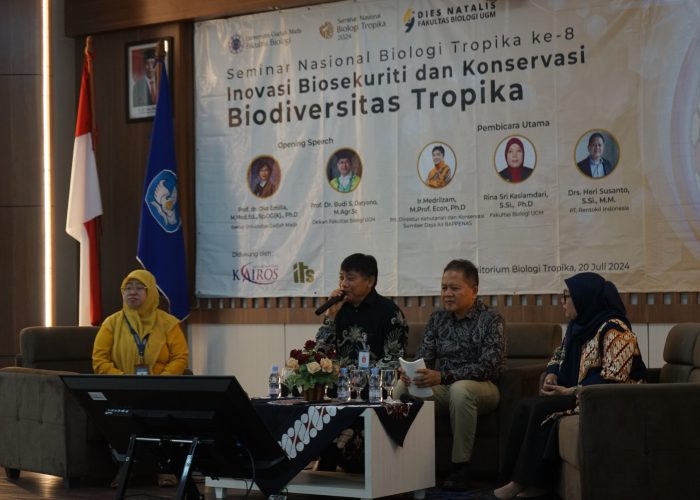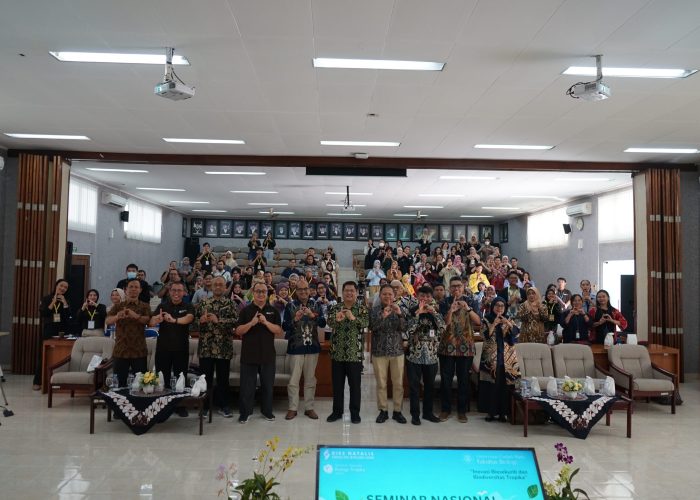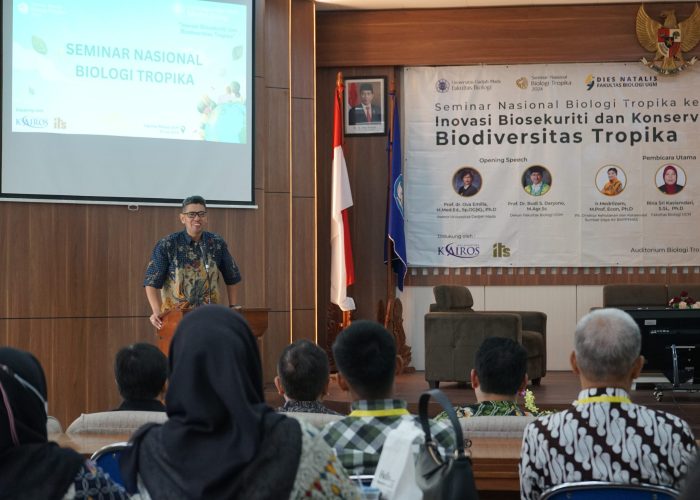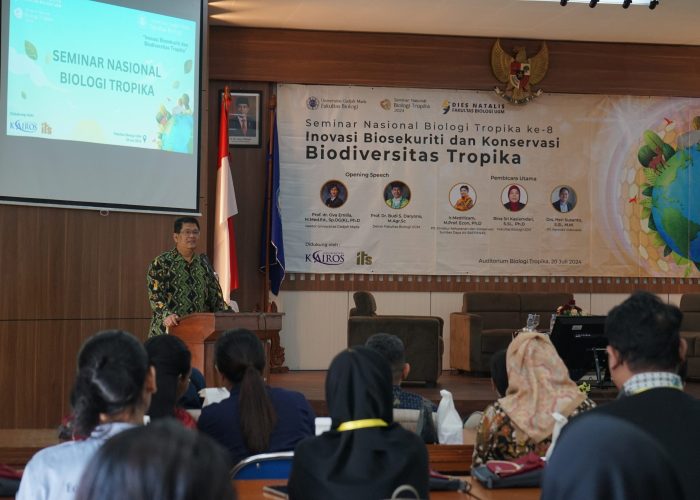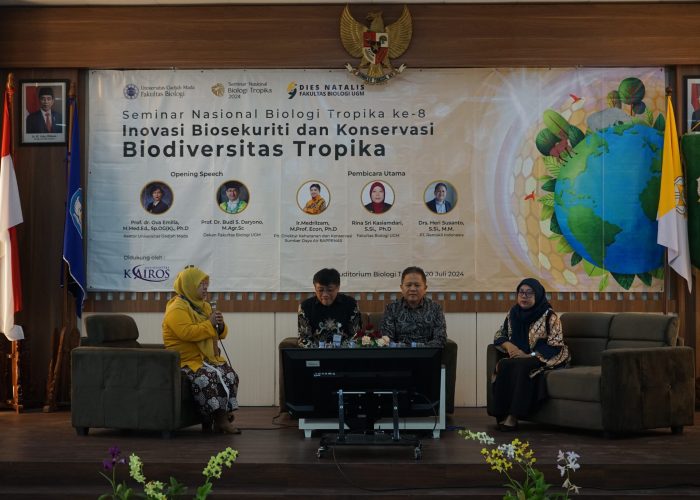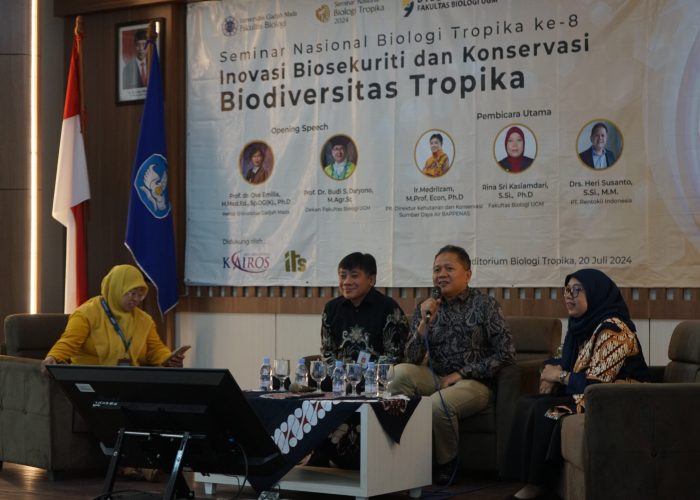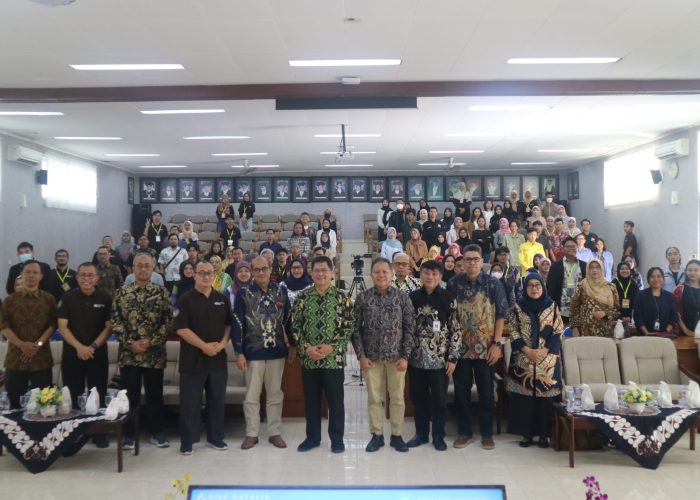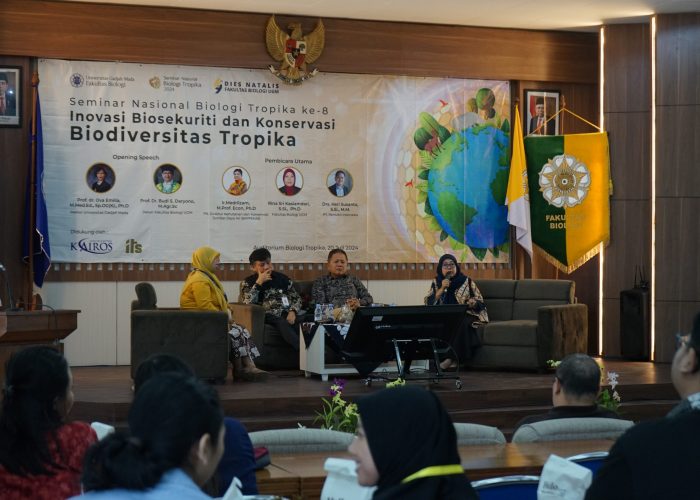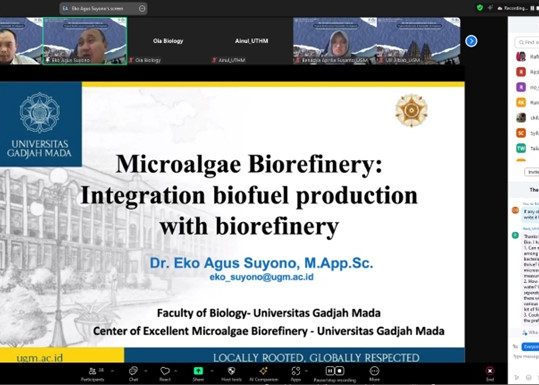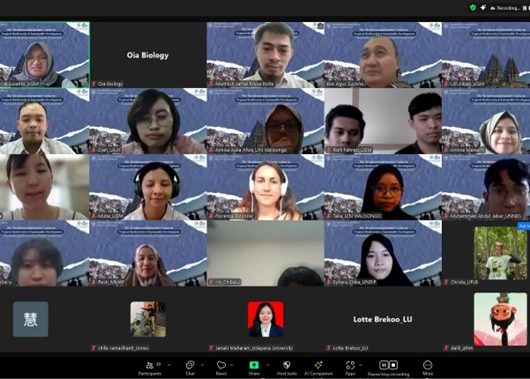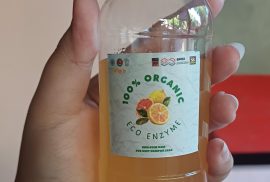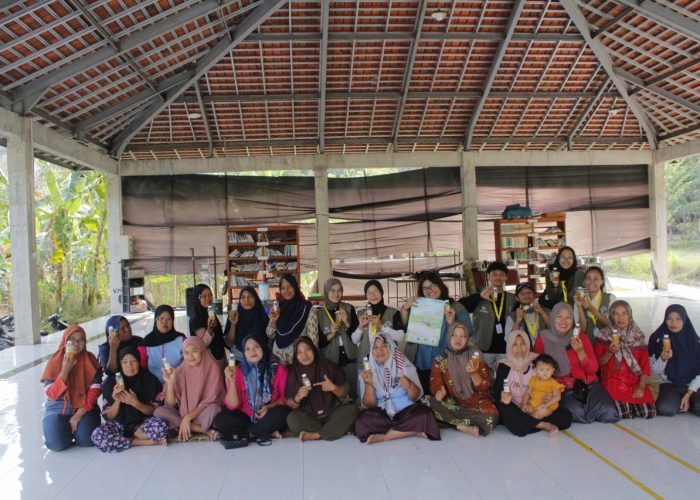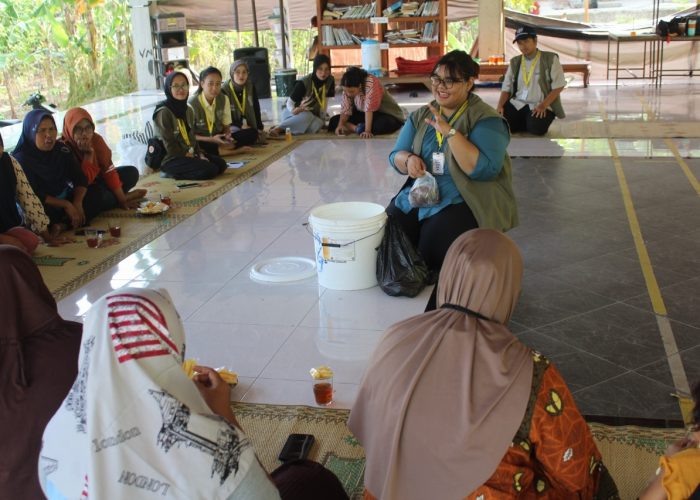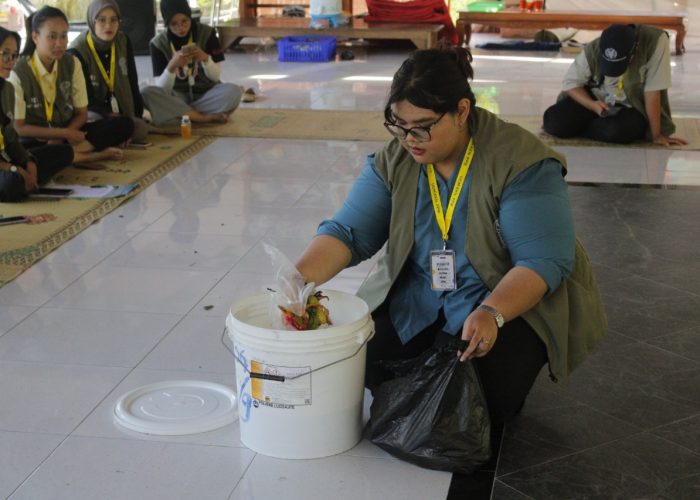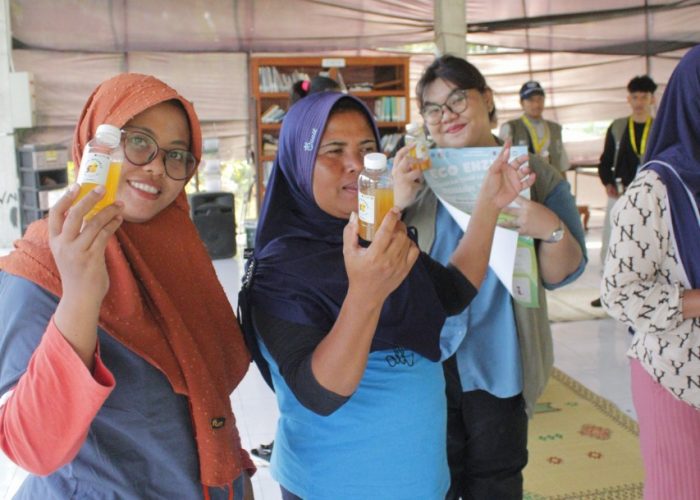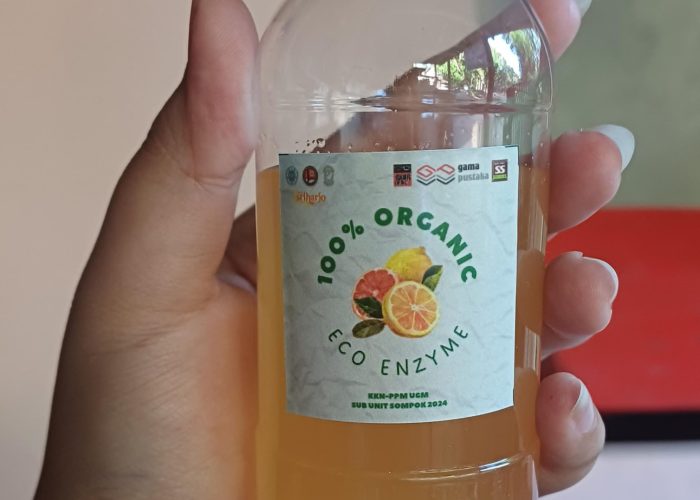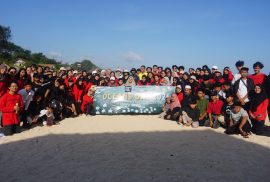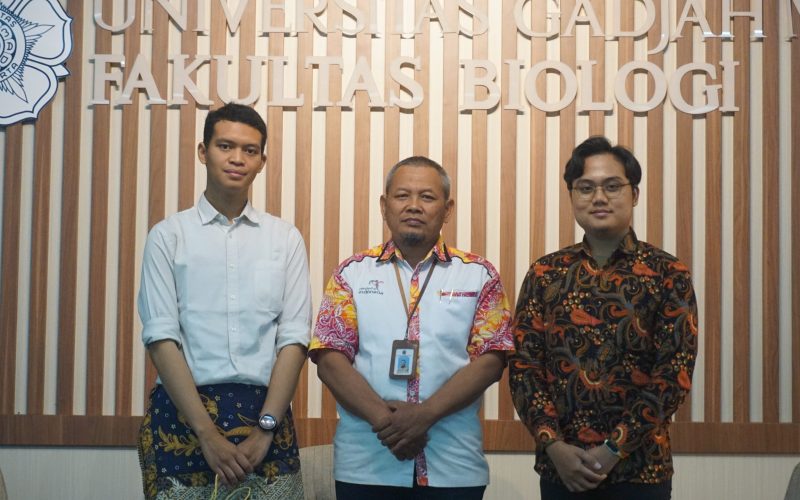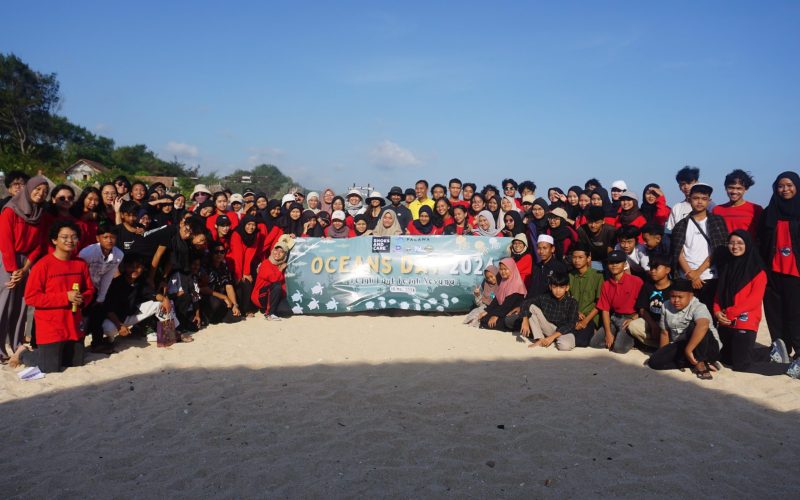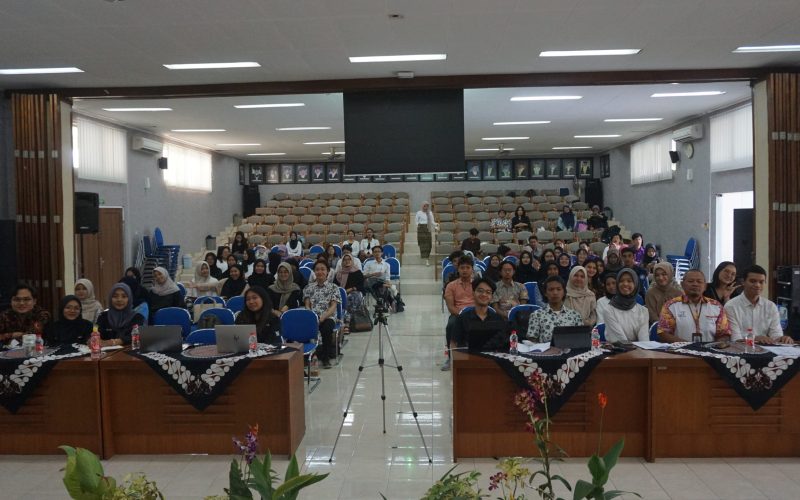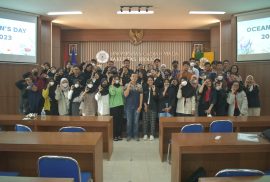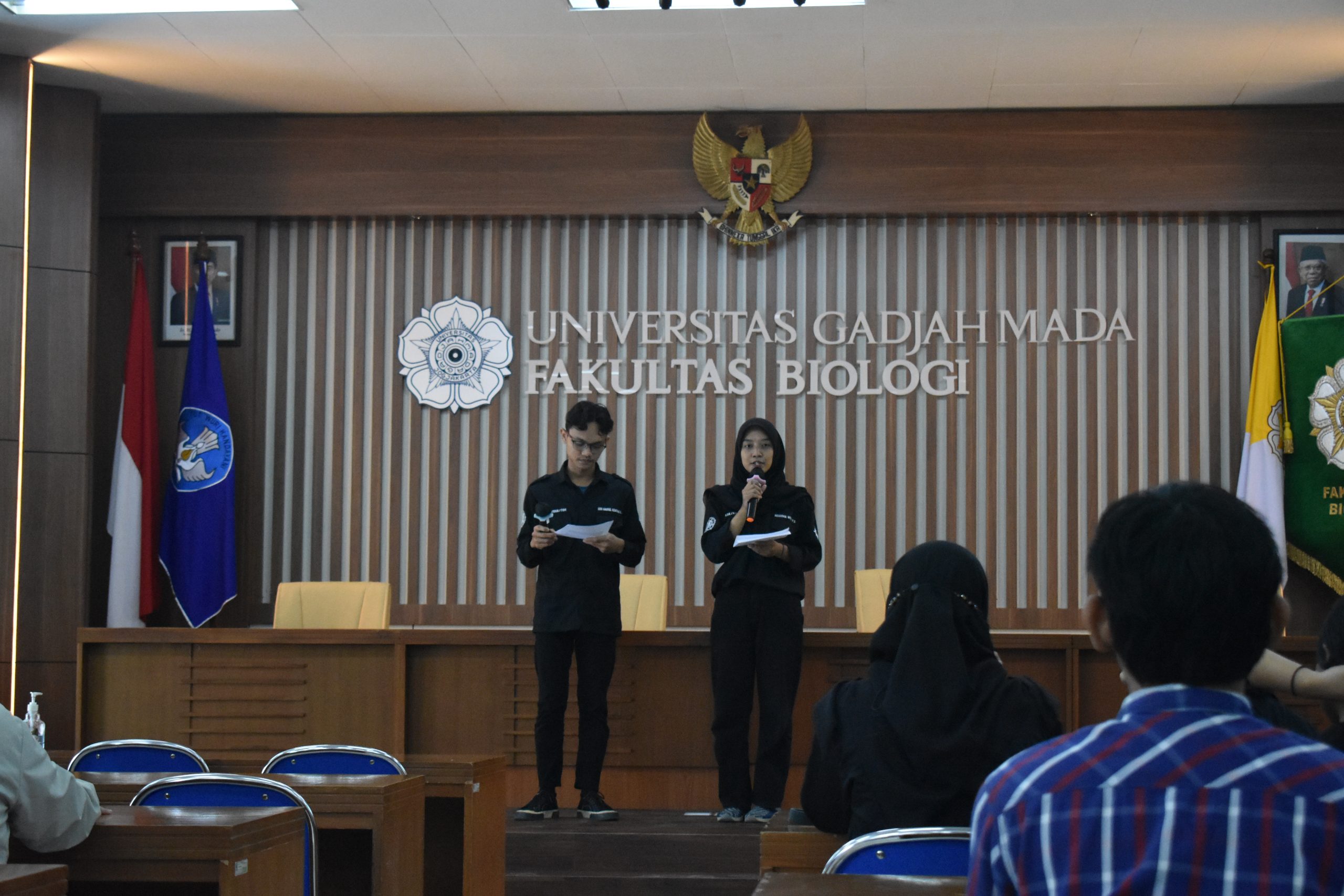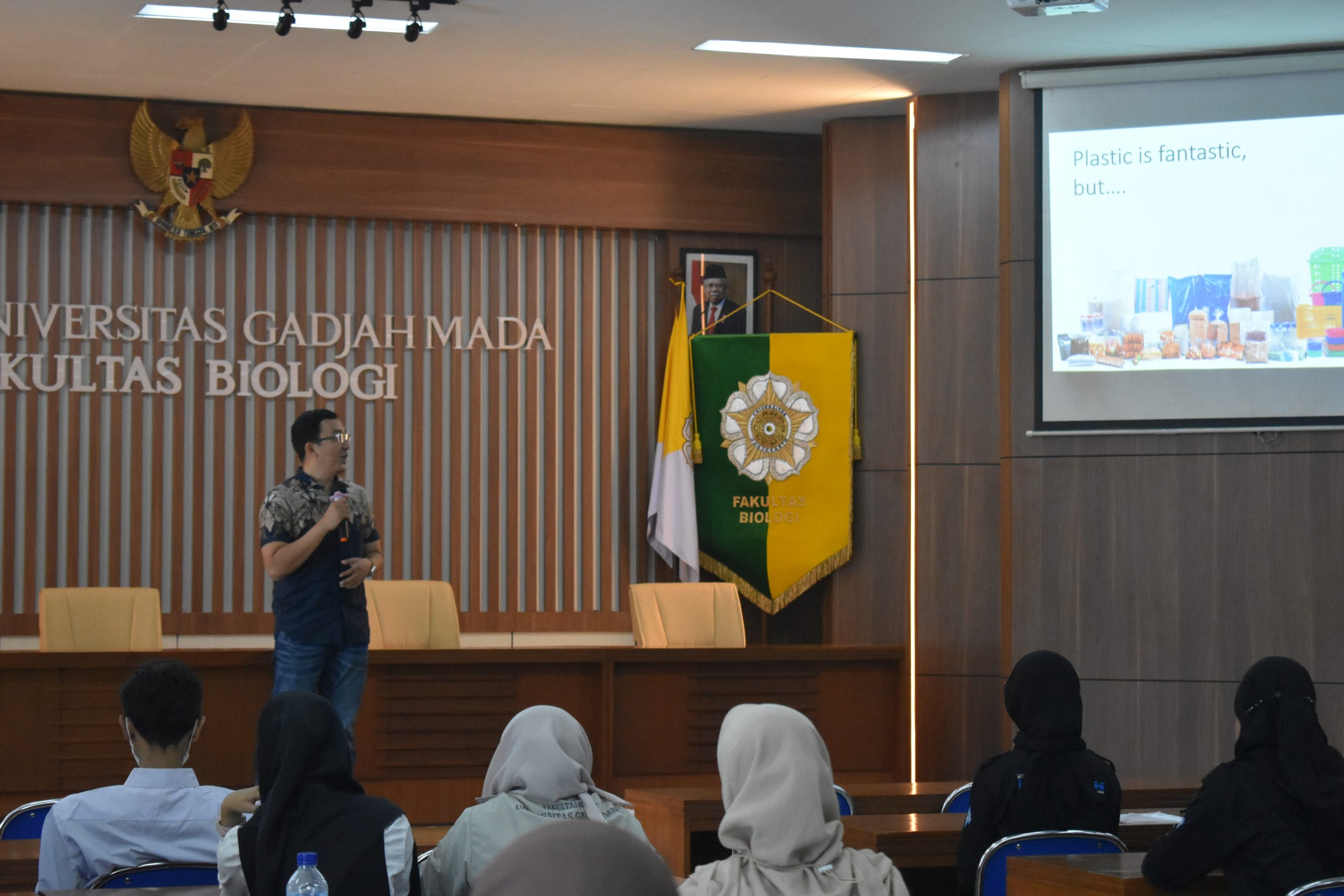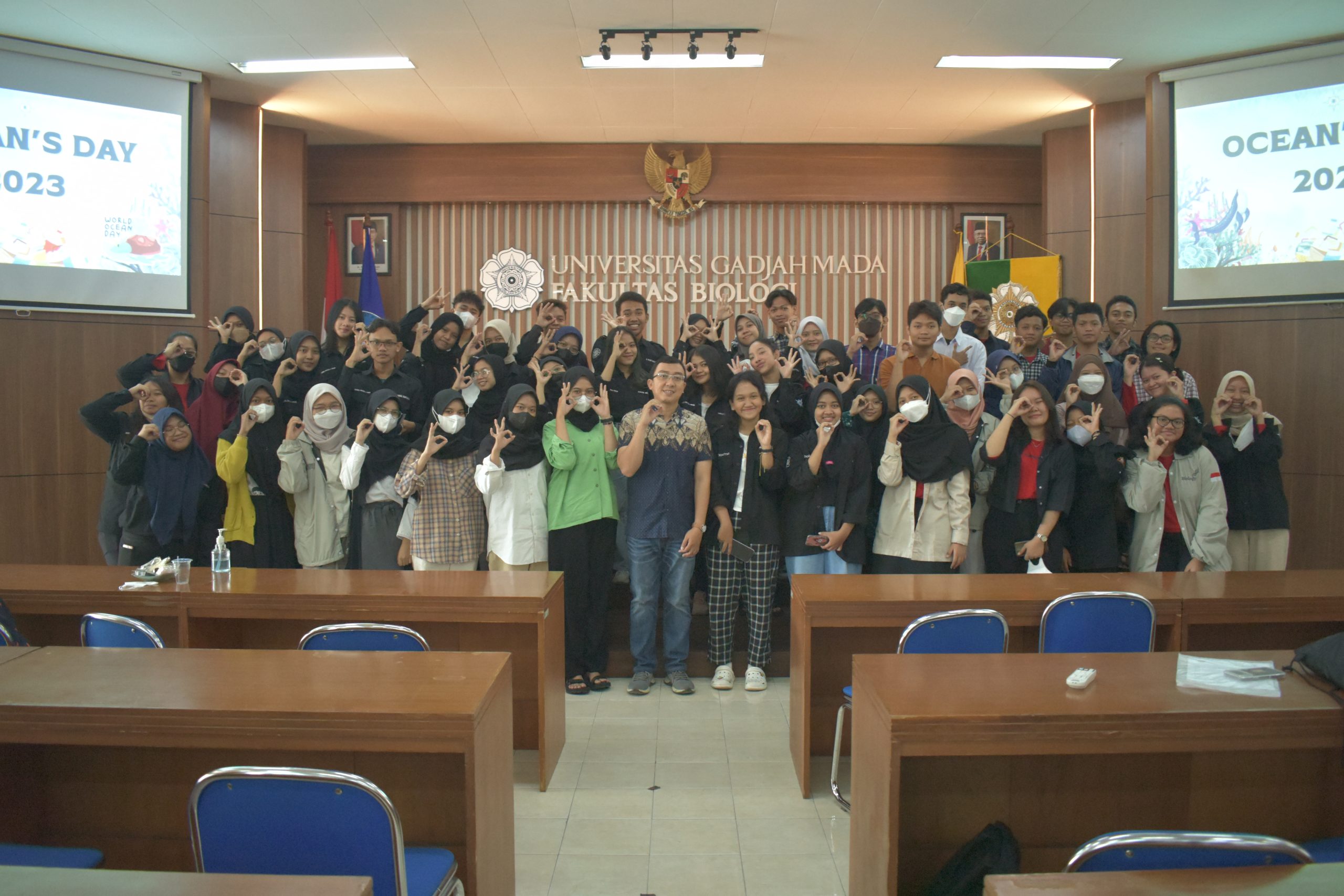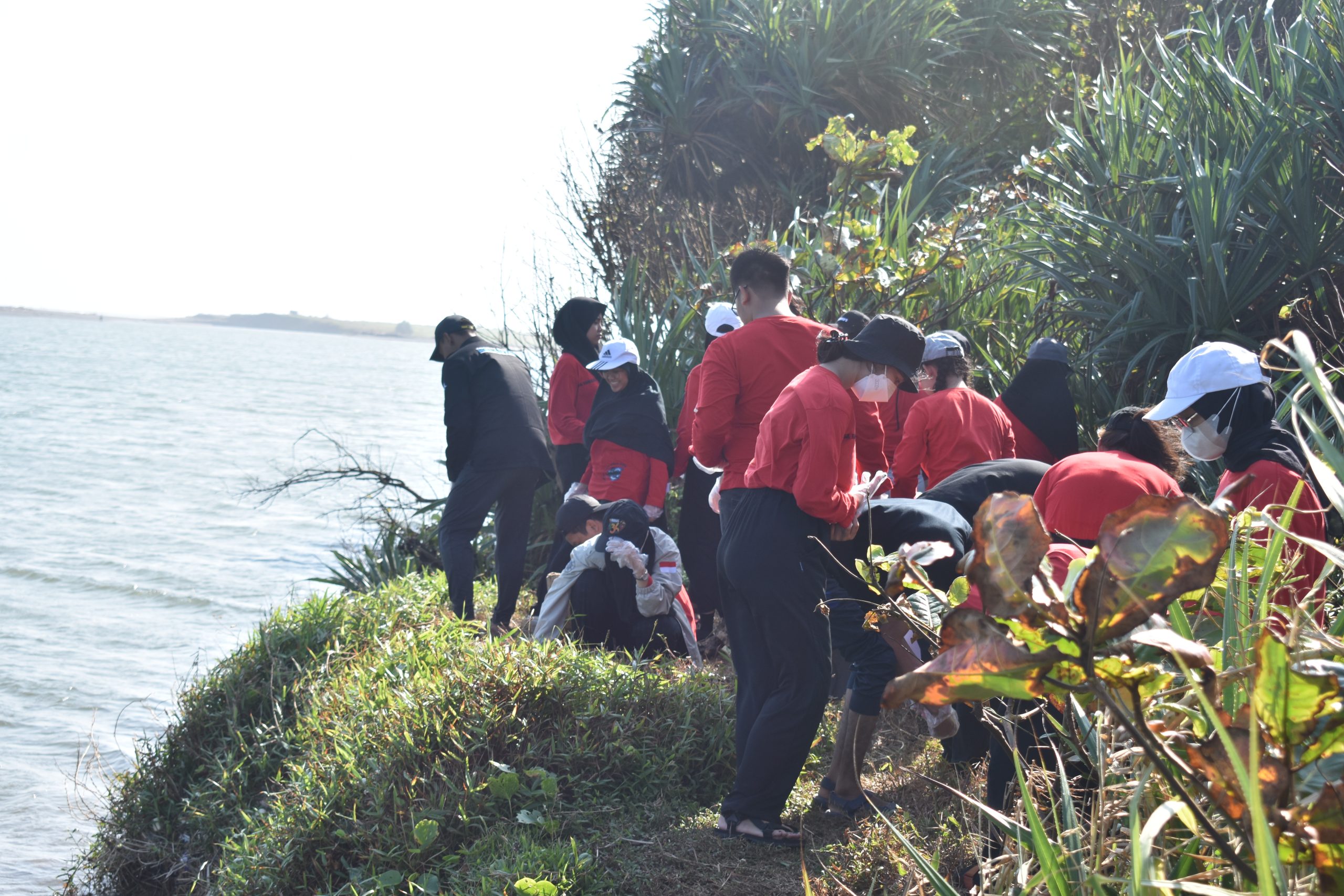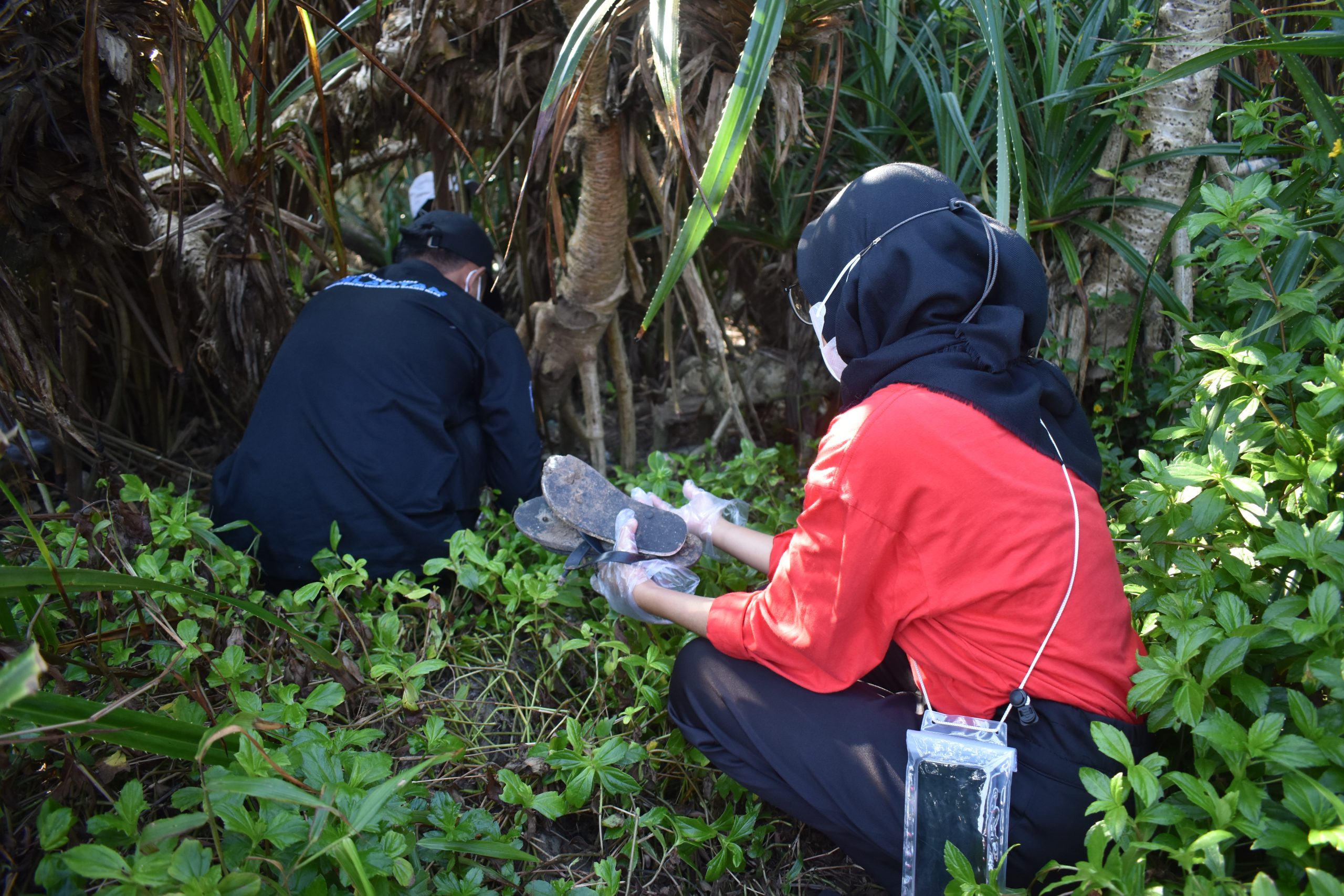SDG 6 : Improve Clean Water and Sanitation
Sunday, 4 June 2023 Oceans Day 2023 was held by the Marine Studies Group of the Faculty of Biology UGM as part of their participation in World Ocean Day on June 8 and was attended by 56 members of Marine Study Group and 18 volunteers from Faculty of Biology UGM. Ocean Day 2023 has the theme “Stop Plastic Waste Polluting the Sea” and comprised two main activities: a seminar and beach cleanup.
The Seminar began at 08.30 to 11.00 at the auditorium of Biology Tropika and was guided by Renisha Windy Puspita Sari (DXXII) and Ahmad Aris B. R. (DXXIII). The seminar began with a welcoming speech from Filda Mega AYU as chairperson of the committee and A. Najib Dhiaurahman , the chairperson of Marine Study Group. Then the seminar continued with a presentation on plastic waste management to reduce water pollution and its solution through marine biology by Tyas Ikhsan Hikmawan, M.Sc., Ph.D. followed by discussion.
The next series of activities was beach clean-up at Baros Beach which took place 13.00 WIB to 16.00 WIB. This beach cleaning activity is a volunteer activity carried out directly on the shores of Baros Beach, collecting scattered waste in the area and educating about marine waste management.
May the knowledge and experience that has been given at Oceans Day 2023 not stop at this event alone, but be accepted and implemented continuously by all participants , and shared with anyone. Eternal and unlimited, invincible and powerful, such is the ocean. Together, let’s save the seas from all damage and pollution because this can be a real action to protect future generations. Happy World Sea Day! Cheers to Jay KSK!

